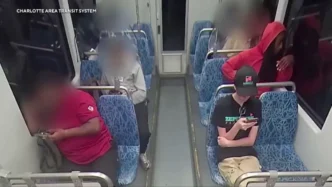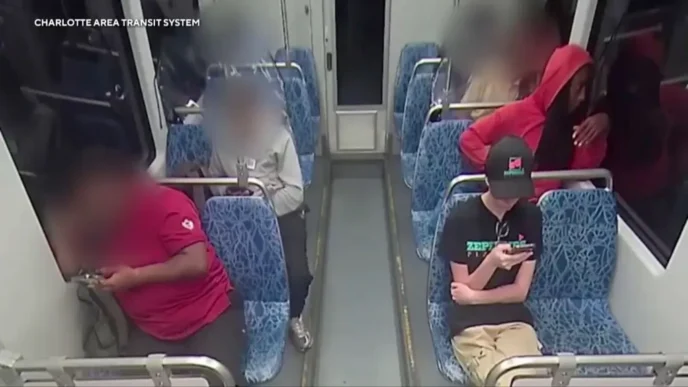The United Nations Security Council is being urged to leverage its influence to prevent South Sudan from descending back into civil war. The United Nations official in South Sudan highlighted the intensifying conflict between President Salva Kiir and Vice President Riek Machar, which has led to military confrontations between their respective parties. The situation has been exacerbated by recent fighting in the north, the detention of Machar, and a surge in misinformation and hate speech, particularly on social media.
As the U.N. special envoy and head of the peacekeeping mission in South Sudan, Nicholas Haysom emphasized the grave similarities between the current tensions and the conflicts of 2013 and 2016, which resulted in the loss of over 400,000 lives. Despite high hopes for stability following independence from Sudan in 2011, South Sudan plunged into civil war in December 2013 due to clashes between ethnic groups loyal to Kiir and Machar. Although a peace agreement was reached in 2018, its implementation has been sluggish, and the presidential election has been deferred to 2026.
Haysom stressed that the 2018 peace deal is the sole viable framework to prevent another cycle of violence. He asserted the urgency to avert full-scale conflict, accelerate the peace agreement’s implementation, and advance toward South Sudan’s first democratic elections. He also noted that further warfare is a risk the nation and the region cannot afford. Haysom detailed ongoing diplomatic efforts with the African Union, the Intergovernmental Authority on Development, the Vatican, and the U.N. Secretary-General to foster peace. He appealed to the U.N. Security Council to encourage compliance with the ceasefire and promote dialogue among the rival factions.
The U.N. humanitarian office’s operations director, Edem Wosornu, previously cautioned the council about a potential “perfect storm” of humanitarian, economic, political, security, and environmental crises. Eight months later, the situation has worsened significantly. Wosornu reported that 9.3 million South Sudanese, including half of the country’s children, require humanitarian aid. The number of people experiencing acute hunger has risen to 7.7 million, up from 7.1 million the previous year. Additionally, 650,000 children under five are at risk of severe acute malnutrition this year.
Wosornu warned that failure to resolve the political crisis would rapidly transform the humanitarian crisis into a devastating reality.
The Societal Shift
The escalating conflict in South Sudan holds significant implications for the region and its people. The potential for renewed civil war threatens to destabilize not only South Sudan but also neighboring countries, which could face an influx of refugees, increased regional insecurity, and disrupted economic ties. For ordinary citizens, this situation exacerbates existing challenges such as food insecurity, access to healthcare, and educational opportunities. The delay in democratic processes further compounds these issues, leaving citizens without a stable governance structure to address their needs.
The impact of the conflict extends beyond borders, affecting international humanitarian efforts. Aid organizations may find it increasingly difficult to operate in such a volatile environment, potentially reducing the flow of essential supplies and services to those in dire need. The international community’s response will be crucial in preventing a humanitarian catastrophe and ensuring that South Sudan remains on a path toward peace and stability. For individuals and communities, the emphasis on peace talks and adherence to ceasefire agreements can offer a glimmer of hope for a more secure and prosperous future.












